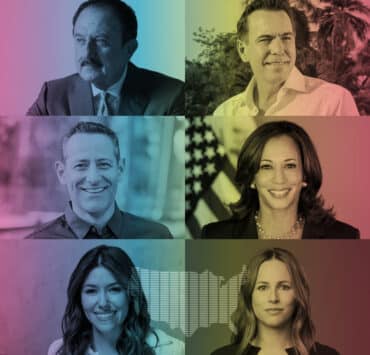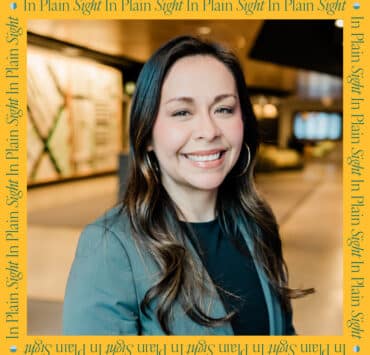|
Getting your Trinity Audio player ready...
|
At the recent Puerto Rican Archives Symposium in Chicago, leading archivists and cultural organizations highlighted the critical importance of preserving Puerto Rican history and memory through archival practices. With more Puerto Ricans living in diaspora than on the island itself, capturing and disseminating their stories has become an urgent priority.
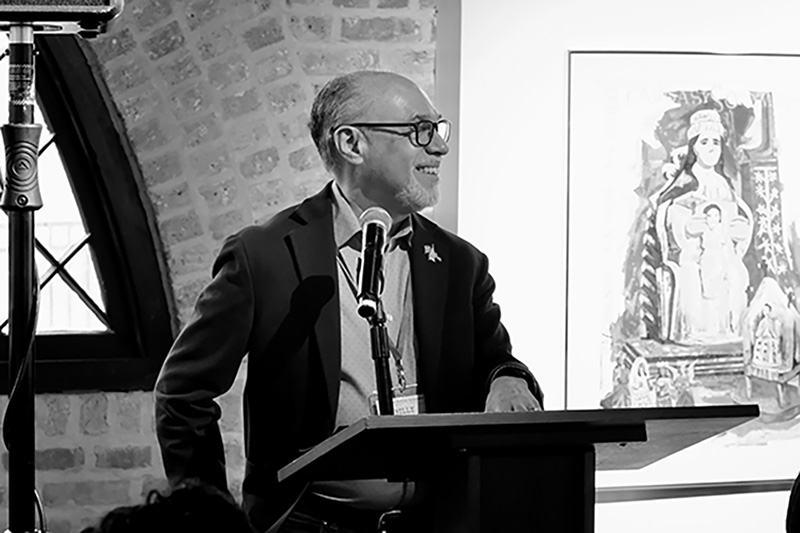
“We must teach our young people who they are and where they come from,” says Billy Ocasio, president and CEO of The National Museum of Puerto Rican Arts and Culture (NMPRAC). “Doing so is how we preserve history and honor our legacy for generations to come.”
Decolonizing Cultural Memory
The symposium underscored that archives are not neutral repositories, but rather contested sites of memory influenced by colonial practices and power structures.
“Archives aren’t just places where historical papers are housed and preserved. Archives frame historical and social analysis,” says Cristina Fontanez-Rodriguez, an archival collections manager at CENTRO. “You need to have a collective web of resources, and those resources are people.” As such, the symposium capitalized on the understanding that archivists have a responsibility to counter dominant narratives by amplifying marginalized voices.
In the face of gentrification and centuries of colonialism, the Digitizing the Barrio project will use the Puerto Rican Cultural Center collection and its digitization to build community, deepen roots in the Humboldt Park barrio of Chicago, and fuel the elaboration of decolonial alternatives.
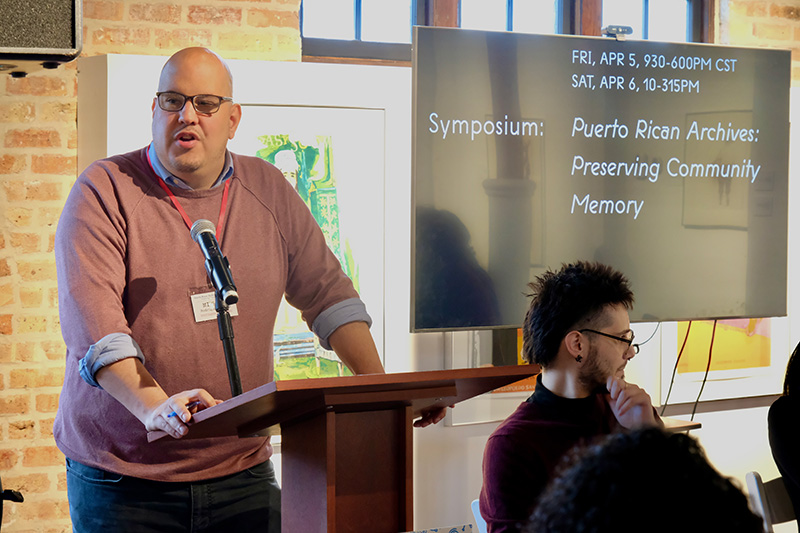
“We are in an archival revolution where we build decolonial realities,” says Dr. Michael Rodríguez-Muñez, co-director of Digitizing the Barrio and associate professor of sociology at University of California, Berkeley.
Amplifying Marginalized Voices
Several organizations are taking innovative approaches to decolonial archiving. The Puerto Rican Cultural Center’s “Digitizing the Barrio” project aims to build decolonial futures through the presence of Puerto Rican barrio histories of resistance, solidarity, and community building. The works of Rafael V. Capó García, an archivist at Memoria Decolonial, interrupt the narratives espoused at monuments and heritage sites by providing counter-archives that complicate official histories.
For the LGBTQ+ community in Puerto Rico, archiving presents unique challenges due to historical discrimination, constant migration, and climate threats to physical collections. “Archivo Comunitario LGBTQ+ de Puerto Rico serves as a political weapon to continue strengthening our civil rights,” says Javier E. Laureano, an archivist at Archivo Comunitario LGBTQ+ de Puerto Rico. “We need more archives and the power of memory to help ensure our basic rights.”
Democratizing Access
Veronica Ocasio, director of programming and education at NMPRAC, emphasized the urgency of this work: “Who else will tell our story? If not now, when?” The proposed National Archives and Collections Research Center, which is supported by NMPRAC among other grants, aims to fight gentrification and displacement by creating a pipeline of Boricua museum professionals and archivists.
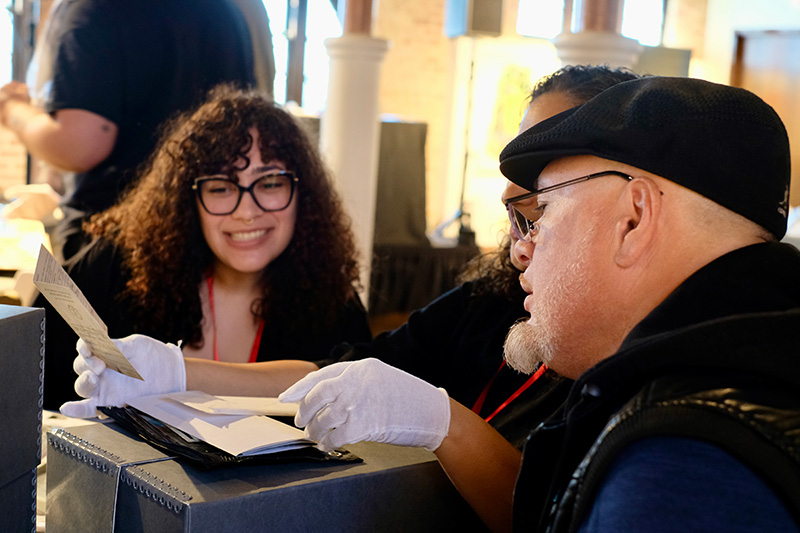
And what’s more? Dr. Margaret Power, co-director of Digitizing the Barrio and professor emerita of history at the Illinois Institute of Technology, summarized the profound impact of archival work: “Our archive is challenging and countering obliviousness by providing people with the materials they need to learn and then, hopefully, teach and share the history and culture of Puerto Rico and Puerto Ricans.”
The Politics of Preservation
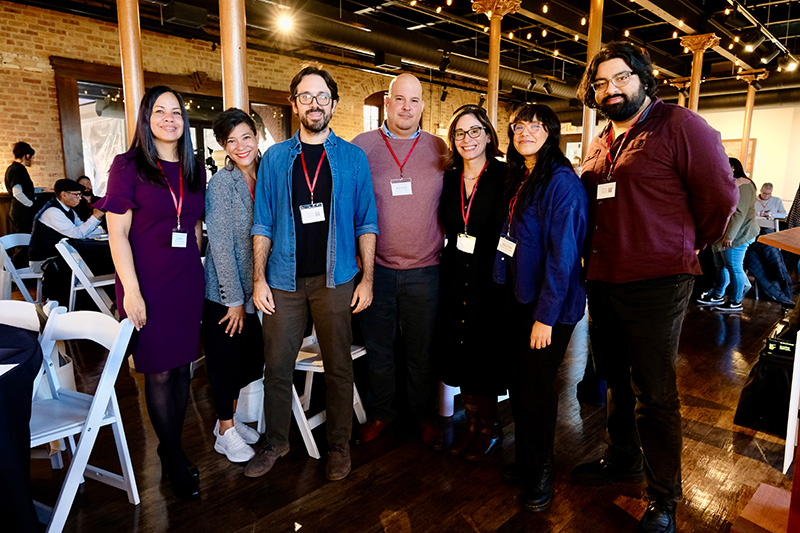
As Puerto Rican communities face ongoing threats of erasure and assimilation, archivists are on the frontlines of preserving cultural memory and catalyzing movements for self-determination. By democratizing access to historical records and generating counter-narratives, they ensure Puerto Rican voices resound through the ages—and leave a legacy they can see themselves in behind.
—
This article was written with the assistance of AI.
